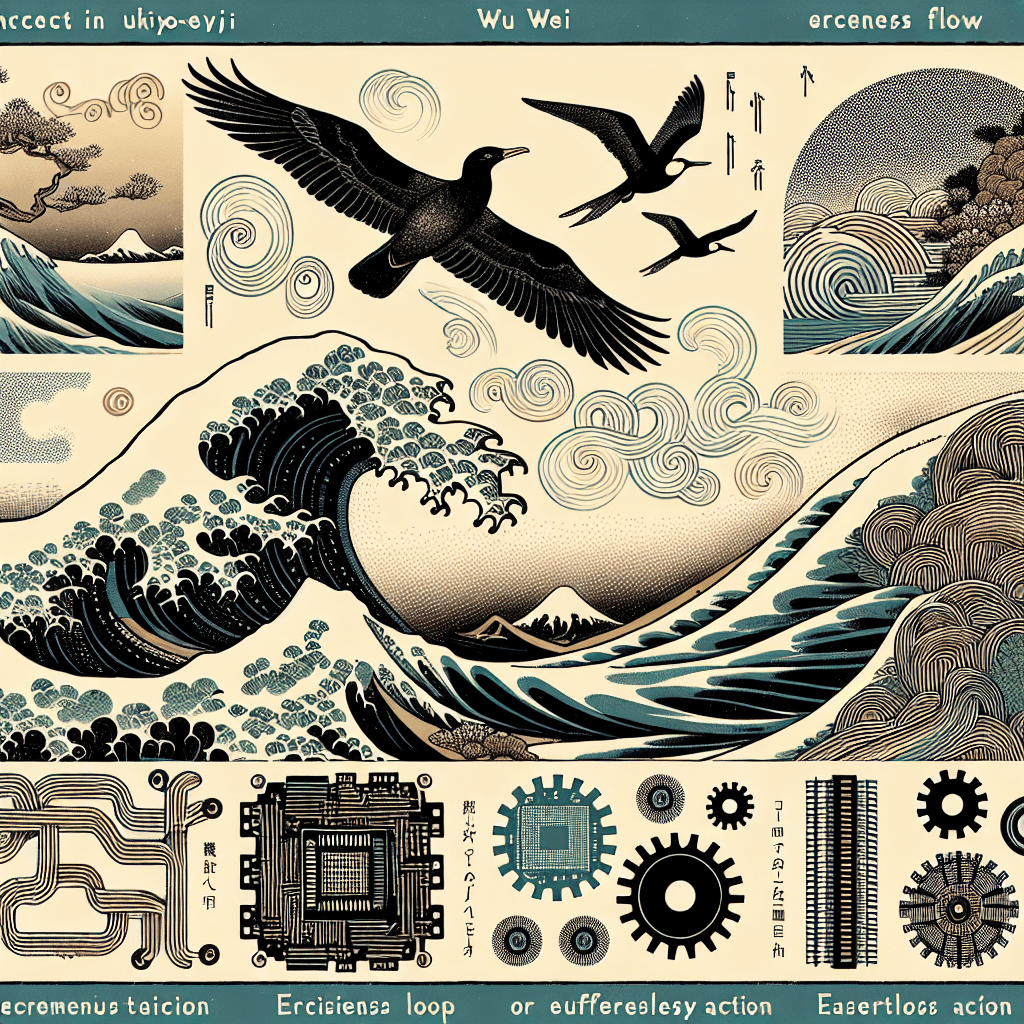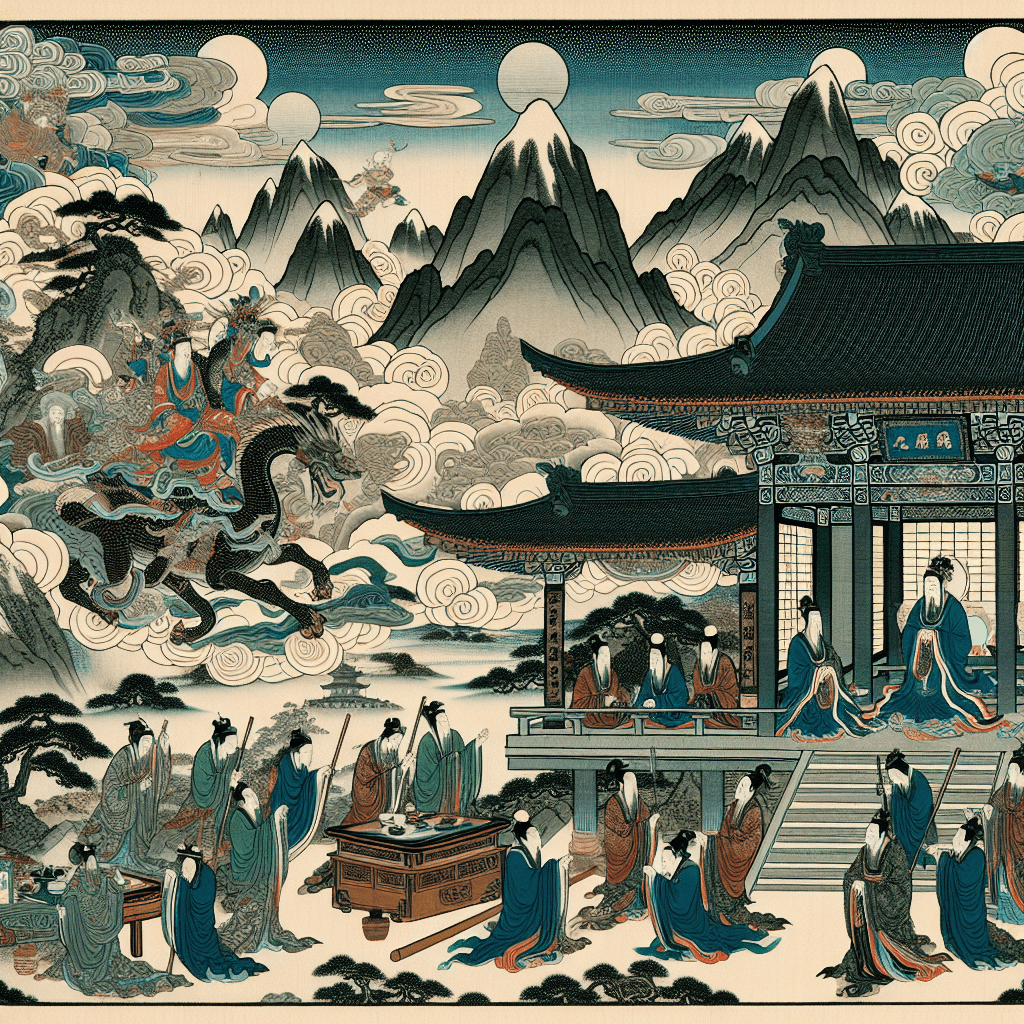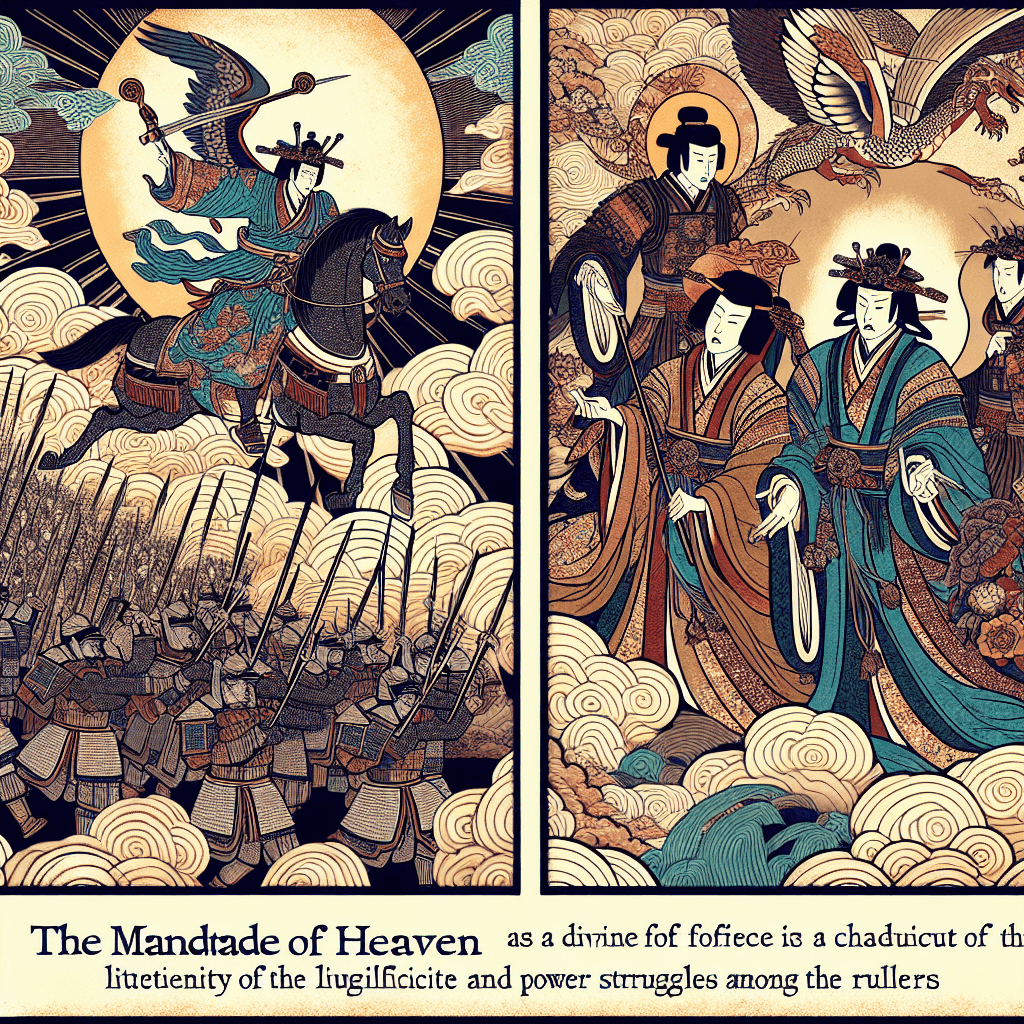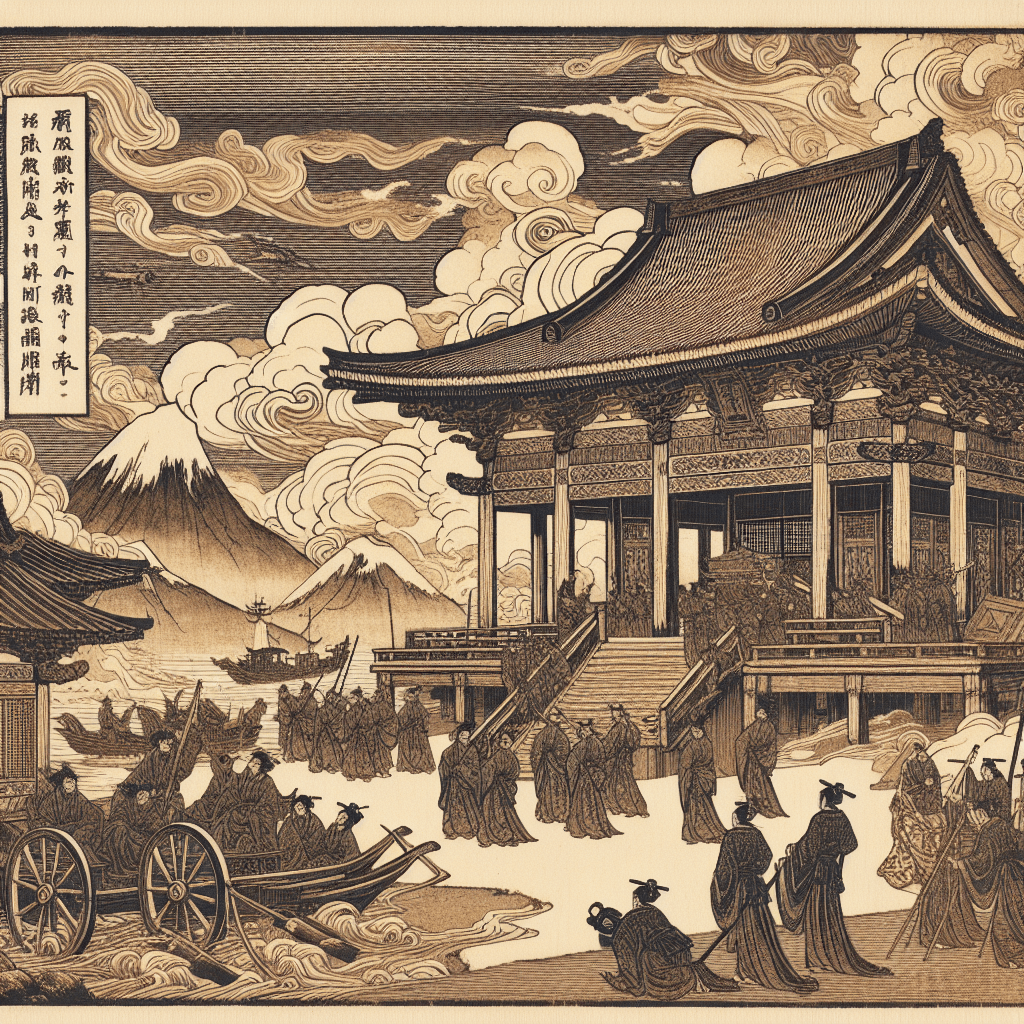The Mandate of Heaven During the Three Kingdoms Era: A Tool for Legitimacy in Times of Turmoil
syndu | Nov. 7, 2024, 10:53 a.m.

Title: The Impact of the Mandate of Heaven during the Three Kingdoms Era: Navigating Turmoil and Seeking Legitimacy
Introduction
The Mandate of Heaven, a pivotal concept in Chinese political philosophy, played an essential role in legitimizing rulers throughout history. During the tumultuous Three Kingdoms period (220–280 CE), following the collapse of the Han Dynasty, the Mandate of Heaven was leveraged by competing factions—Wei, Shu, and Wu—as a tool to assert their legitimacy and authority.
By examining how different factions invoked the Mandate, we gain insights into the dynamics of power and legitimacy in ancient China.
Historical Context
The Three Kingdoms period followed a time of internal strife, corruption, and rebellion that weakened the Han Dynasty. In the power vacuum that ensued, three rival states emerged, each vying for control and legitimacy:
- Wei
- Shu
- Wu
These factions employed the Mandate of Heaven to strengthen their claims to power amidst the chaos.
The Mandate of Heaven as a Legitimizing Tool
- Wei: The Northern Powerhouse
- Cao Cao's Legacy: Cao Cao's state of Wei, later led by his son Cao Pi, was the first to officially terminate the Han Dynasty, proclaiming a new era in 220 CE. Cao Pi declared himself emperor, claiming the Han had lost the Mandate due to their inability to maintain order and prosperity.
- Shu: The Han Loyalists
- Liu Bei's Claim: The state of Shu, under Liu Bei, positioned itself as the legitimate successor of the Han Dynasty. Being a Han imperial family descendant, Liu Bei used his lineage to claim the Mandate. Shu emphasized Confucian ideals and moral governance, aiming to attract support from Han loyalists.
- Wu: The Southern Contender
- Sun Quan's Strategy: Initially recognizing Wei's authority, Wu, led by Sun Quan, eventually asserted its independence and claimed the Mandate by emphasizing its role in maintaining regional stability and prosperity.
Impact and Legacy
The invocation of the Mandate of Heaven during this era underscores its enduring significance in claiming political legitimacy. Each faction's strategic use of the Mandate highlights the Mandate's role in shaping Chinese history through military, political, and ideological maneuvers.
Conclusion
The Three Kingdoms period accentuates the Mandate of Heaven's versatility as a legitimacy tool amid turmoil. Each faction's invocation of the Mandate provides insights into ancient Chinese power dynamics. The concept's ongoing influence underscores the critical role of divine legitimacy and moral governance throughout Chinese history. Understanding its application during the Three Kingdoms era offers valuable perspectives on historical leadership and legitimacy challenges.




